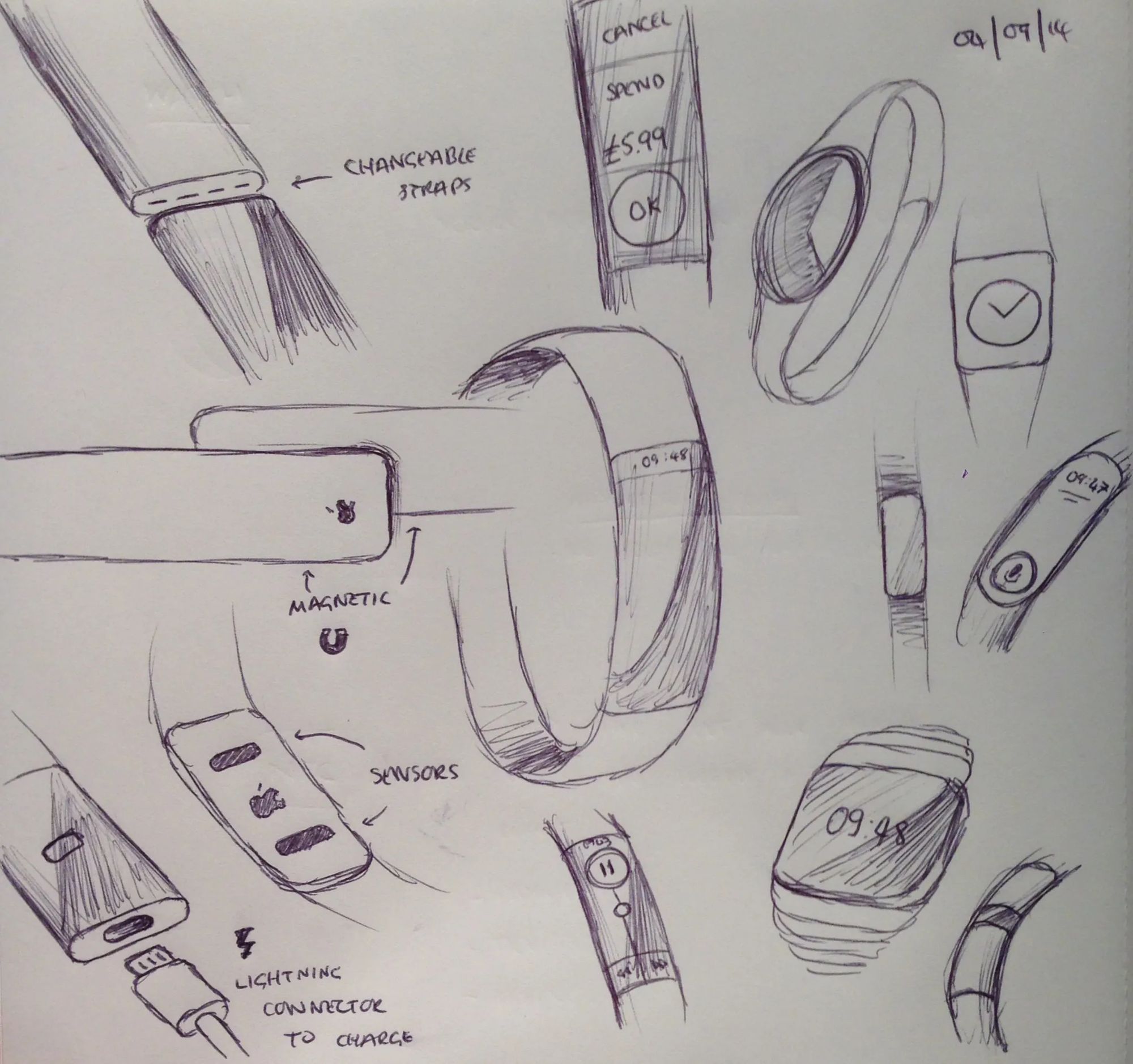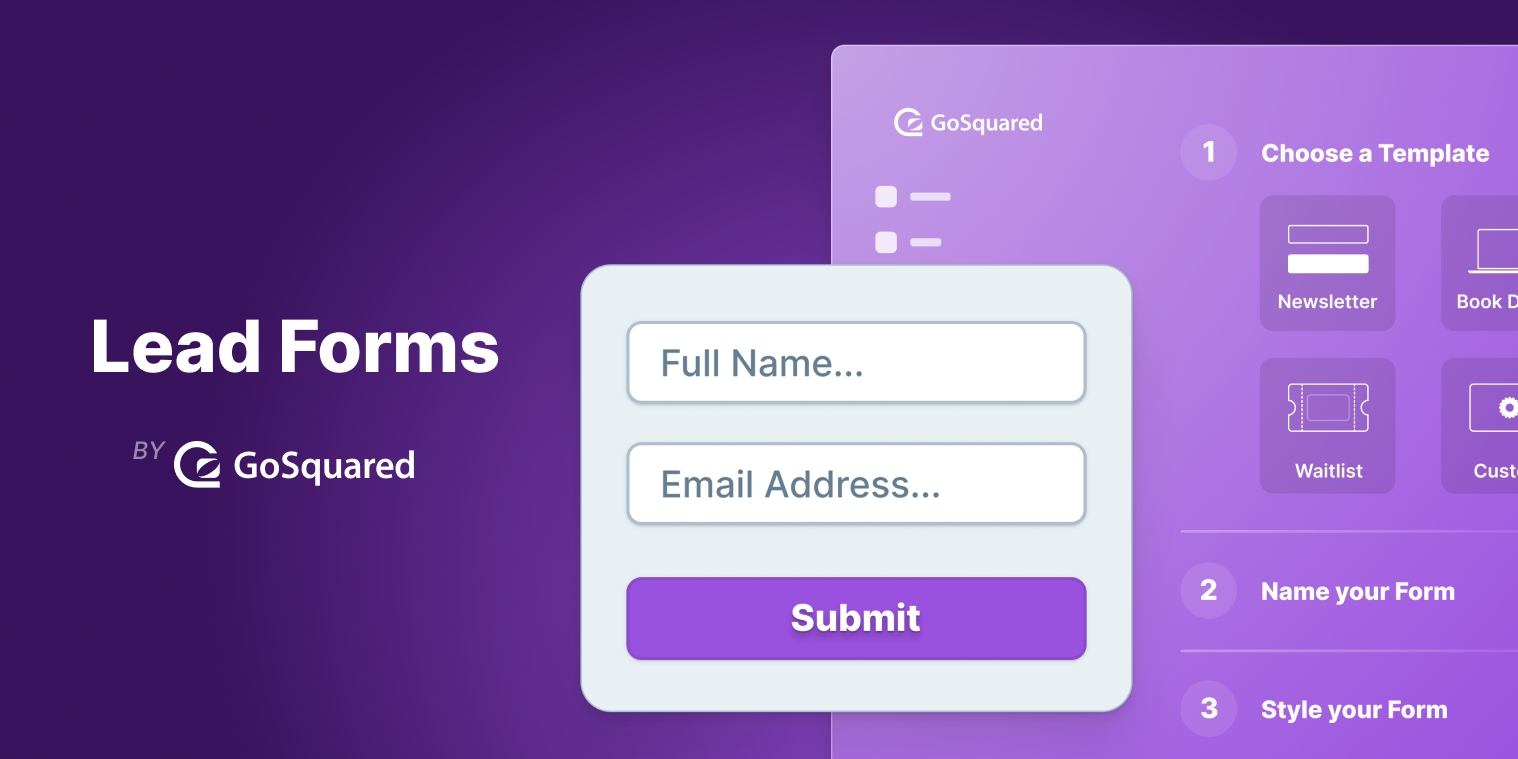There’s a saying, much popularised by Apple, that distinguishes certain products:
"It just works."
It seems like a very low bar on the surface, doesn’t it?
Surely every product works, to some extent.
“It just works” only becomes a selling point when you consider how much hassle most products are to use.
Remember the last time you bought anything significant — was it entirely effortless? Was it a pleasure? Was it obvious at every step what you needed to do to start getting value from it?
I think this concept applies to services and experiences as well as products. I've written before about the experience of using my gym for the first time. And there are plenty of restaurants and hotels I've been to that fall short of the mark when judging them by the "it just works" assessment.
I don’t believe these are exhaustive, but here are a few principles that come to mind for building a product or service that just works:
- “It just works” means a lack of cruft and complexity.
- "It just works" means the product is reliable and consistently so over its lifetime.
- “It just works” means the maker has an opinion.
- “It just works” cuts to the chase, and gets the user to their desired outcome as quickly as possible.
- “It just works” eschews end-user choice for simplicity and obviousness.
- “It just works” means prioritising the primary function of the product above all else, even if that is at the expense of other meaningful uses.
These are easy to write, but very hard to achieve in a team building a real product.
It begs the question, then, why do so many products and services not “just work”?
I believe most products on the market exhibit some combination of the following:
- A lack of care. The designers and makers just don’t care enough about the end user.
- There is a misunderstanding of the core purpose of the product.
- Feature creep. In a drive to make the product more attractive to more people, extra features are added in.
- Short-term financial incentives drive cost-cutting and profit over product quality.
There are too many products that fall short of the "it just works" goal. Fortunately, that leaves tremendous opportunity for makers willing to go the extra mile.
A few products I’ve used recently that just work:
- Granola — we’ve all been on a Zoom call that has had some form of AI note taker unexpectedly join. We’ve all experienced how useless a transcription can be. And we’ve all tried taking notes from a meeting only to find we either weren’t paying attention or missed a critical piece of information. Granola is the first note taker I’ve found that truly “just works”. You install it on your Mac, there are no awkward bots, and the results I've seen have been exactly what I wanted. It just works!
- The Journal app — one of Apple's more recent new apps. I've


